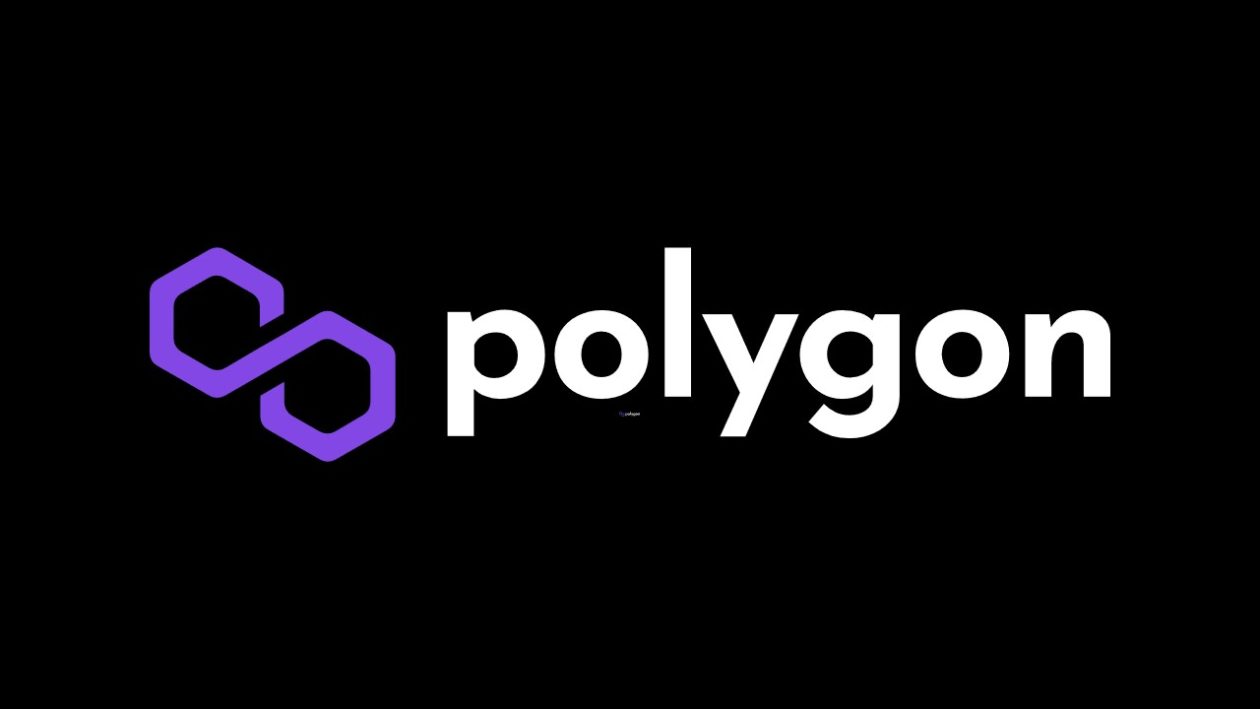SUMMARY
- Polygon’s MATIC token has been rebranded to POL following a year of community discussions, introducing a new annual emission rate of 2%.
- POL now serves as the native gas and staking token on the Polygon PoS chain.
Polygon developers have formally launched the migration from MATIC to POL, marking a noteworthy update in the network’s advancement. This move, which has been in the works for over a year following broad community talks, presents POL as the new native gas and staking token for the Polygon PoS chain. The swap began early Wednesday morning, and exchanges are anticipated to list the upgraded token shortly. For most users, especially those holding MATIC on the Polygon PoS, the migration will happen automatically, requiring no action on their part.
POL retains the same supply of 10 billion tokens as MATIC but with a new emission rate of 2% annually. This alter is outlined to support the network’s development and incentivize validators. Part of the emanations will reward validators on the Polygon PoS network, whereas the rest will contribute to a community treasury, self-sustaining ecosystem finance aimed at supporting the broader Polygon community. This revamped tokenomics model guarantees nonstop rewards for validators, making it appealing for new members to join the network.
The move to POL is more than just a rebranding; it’s a key move that aligns with Polygon’s broader vision of becoming a leading ZK chain and integrating with AggLayer. AggLayer is designed to consolidate liquidity and state over numerous chains, further improving the ecosystem’s scalability and effectiveness. POL will inevitably play a significant part in this aggregation layer, taking an interest in block production, zero-knowledge proof generation, and Data Availability Committees (DACs), situating Polygon at the cutting edge of blockchain innovation.
Initially proposed in July 2023, POL represents a major step in Polygon’s “2.0” roadmap, which aims to set up POL as the native token across its main chain and other partnered chains within the ecosystem. The move from MATIC to POL was required by the technical limitations of the MATIC token, whose update keys were intentionally burned years prior, preventing further alterations. The introduction of POL and its associated emissions model gives an adaptable mechanism to bolster the community’s development and decentralization efforts.
For MATIC holders on Ethereum, Polygon zkEVM, or centralized exchanges, dynamic migration through a migration contract is required to transition to POL. This update, be that as it may, guarantees to extend the functionality of POL in the future, making it a cornerstone of Polygon’s technique to remain a prevailing force in the blockchain space. With POL, Polygon is not just updating a token; it’s laying the foundation for a more versatile, decentralized, and dynamic ecosystem. This move marks a new period for Polygon, setting the stage for continued development and growth in the quickly advancing world of blockchain innovation.

